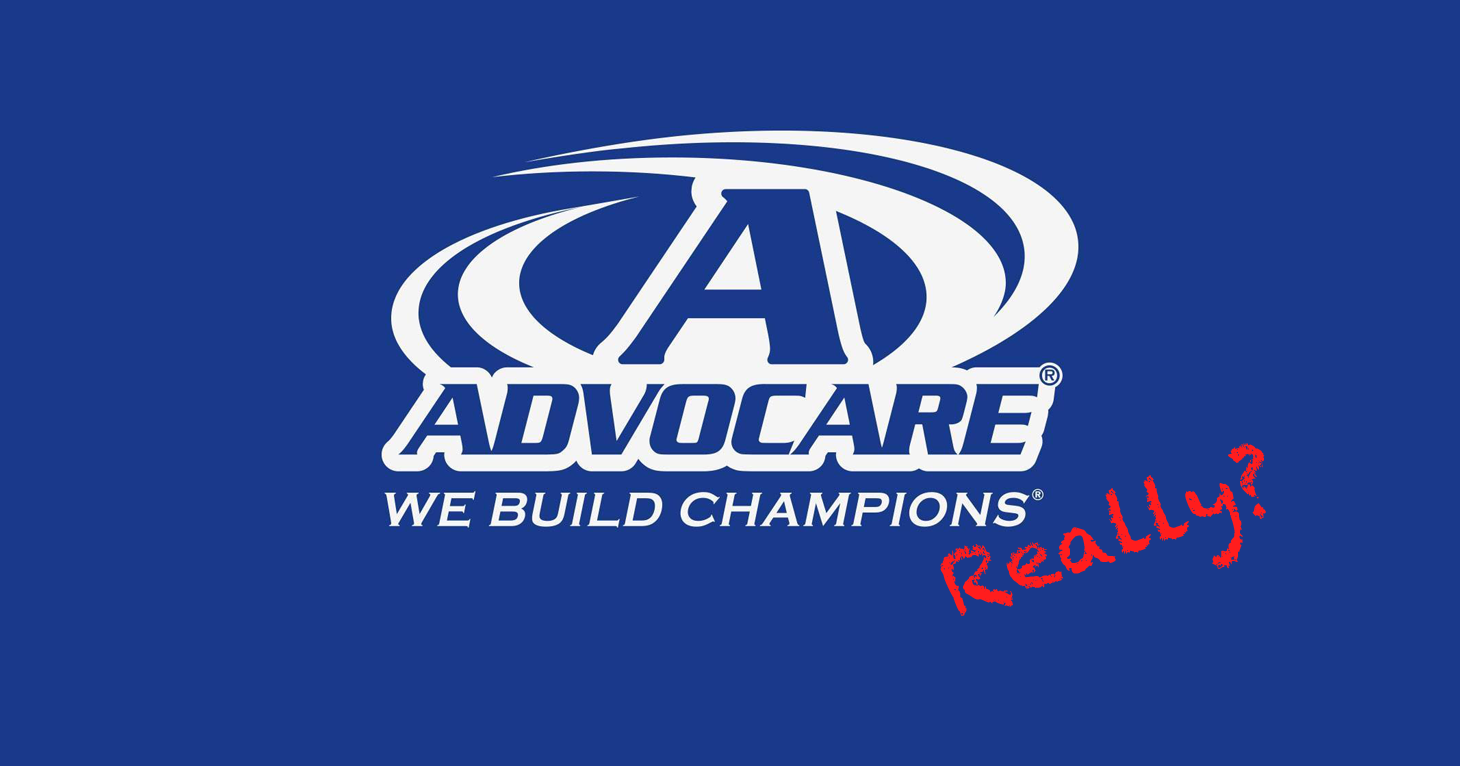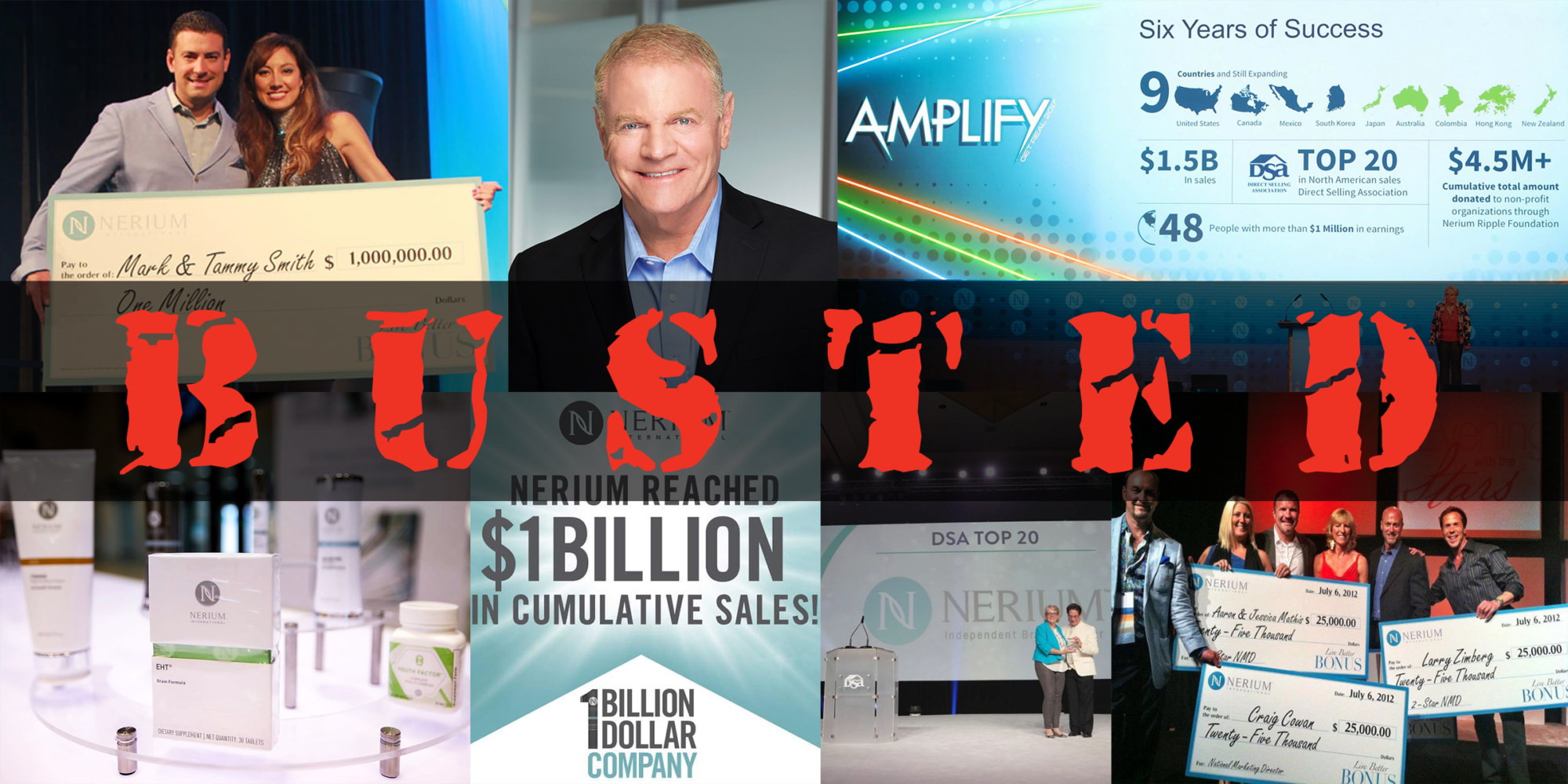
The Cost of Doing Business
Comparing the amount companies agree to pay to settle deceptive marketing charges with their annual revenue.
Former MLM holds onto its DSA membership in the aftermath of $150 million pyramid scheme settlement.
|
It’s been one week since the FTC announced a $150 million settlement with AdvoCare that permanently bans the Dallas-based company, its former CEO, and two top promoters from multilevel marketing. The settlement resolves a lawsuit filed by the agency alleging the company operated an illegal pyramid scheme that rewarded recruitment over sales of its health and wellness products, which are endorsed by a number of professional athletes including national spokesperson and New Orleans Saints quarterback Drew Brees.
And yet, AdvoCare remains a member of the Direct Selling Association, according to an online directory of 120 DSA members viewed on Oct. 10. The DSA, which touts a commitment to “the highest ethical business standards,” is still determining “next steps.” Even after ostensibly scrutinizing the details of the 29-page complaint, sections of which are quoted below, the DSA has decided not to take timely action to remove AdvoCare as a member.
The DSA, whose Code of Ethics prohibits pyramid schemes, said in response to an inquiry by TINA.org last week that “there are steps set forth by the Association’s Governance structure to ensure due process is afforded DSA member companies.” DSA President Joe Mariano similarly reserved judgment in a statement published on the DSA website when the settlement was announced. “We will swiftly engage our process and review the FTC order released today to determine our next steps,” he said. The statement expressed a level of unfamiliarity with how the FTC polices the multilevel marketing industry.
This stands in stark contrast to how the DSA has responded to non-members who have faced similar pyramid scheme charges. For example, after the FTC and several state attorneys general filed a lawsuit in January 2013 against Fortune Hi-Tech Marketing, an alleged pyramid scheme, Mariano commended regulators the very next day “for their comprehensive, ongoing efforts to identify and prosecute illegal and fraudulent pyramid schemes…” While the lawsuit eventually resulted in a settlement order that imposed a judgment of more than $169 million and included a multilevel marketing ban, the DSA issued its press release (“FTC Action Against Alleged Pyramid Scheme Affirms DSA Membership Process”) more than a year before the May 2014 order. More recently, following Washington state’s January 2019 complaint against LuLaRoe, which accuses the clothing company of running a pyramid scheme, Mariano said in a statement at the time:
Sadly, not all companies in the direct selling channel are DSA members, and non-members like LuLaRoe do not accept, as members are obliged to, the requirements of DSA membership and our Code.
But AdvoCare is special. Not only is it a Top 20 member company, its former CEO, who is now permanently banned from multilevel marketing, is in the DSA Hall of Fame. (Connolly was inducted in 2008 when he was executive vice president of global sales at Avon.)
AdvoCare may have changed its business model to a single-level marketing compensation plan earlier this year — perhaps to avoid an even larger monetary penalty, some have posited — but that does not undo the damage that had already been inflicted under the previous multilevel marketing business model. Moreover, when TINA.org asked the DSA if it had reviewed AdvoCare’s new business plan, a spokeswoman would only say that the plan has been submitted.
Find more of our coverage on DSA member companies here.
UPDATE 10/24/19: Danny and Diane McDaniel, two additional top AdvoCare promoters named in the FTC complaint, have filed a motion to dismiss. “The FTC alleges, in conclusory form, that it ‘has reason to believe that [Defendants] are violating or are about to violate laws enforced by the Commission.’ However, all of the allegations of wrongdoing in the Complaint arise out of the Defendants’ past participation” in AdvoCare’s previous multilevel marketing program, the filing states.
Comparing the amount companies agree to pay to settle deceptive marketing charges with their annual revenue.
CGI influencers are here.
FTC complaint also features deceptive health and income claims.


